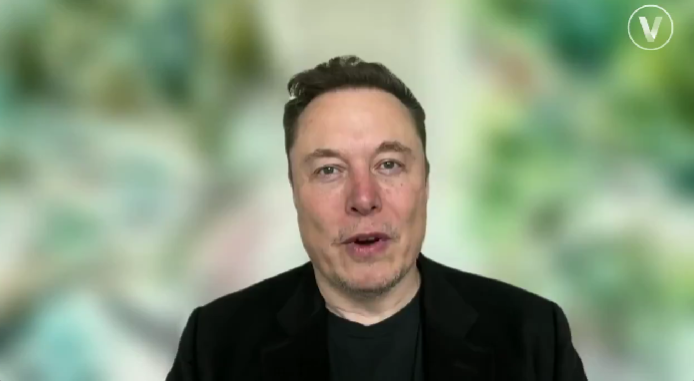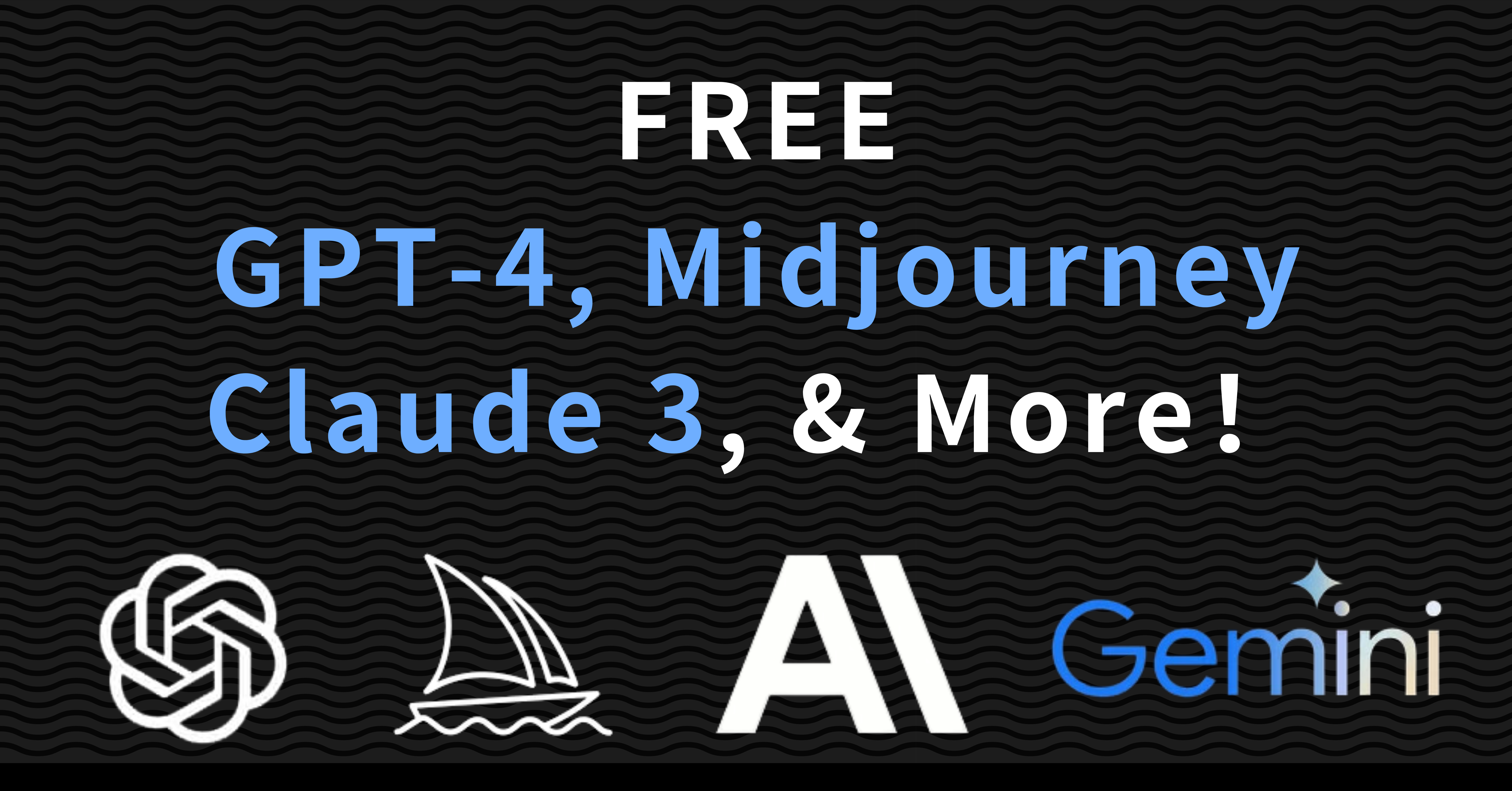AI Makes Work Optional: Embracing the Future of Employment with GlobalGPT

Sources: VivaTech
Musk’s Vision for a Benign AI Scenario
Elon Musk recently shared a compelling vision at the Vivatech trade fair in Paris: a future where artificial intelligence (AI) makes traditional work optional. In this “benign” scenario, AI and robots would handle all essential tasks, allowing humans to work only if they wish to, similar to a hobby. Musk believes this is the most likely outcome, highlighting a revolutionary shift in how we view employment and productivity.
Transformative Potential of AI in Industries
AI's potential to take over industries is already being demonstrated across various sectors. For instance, in manufacturing, robots and AI-driven machines are increasing efficiency and reducing the need for human labor. Companies like Tesla are at the forefront, utilizing AI to streamline production processes and enhance vehicle manufacturing .
In the service industry, AI-powered chatbots and virtual assistants are transforming customer service. Businesses such as Bank of America use AI-driven assistants like Erica to handle customer inquiries, significantly reducing the workload on human employees .
GlobalGPT: Shaping the Future of Work with AI
GlobalGPT is another key player in this transformative landscape. By leveraging advanced AI models, GlobalGPT is enhancing productivity tools and creative processes across industries. For example, GlobalGPT's AI solutions are used to automate content creation, data analysis, and customer engagement, allowing businesses to focus on strategic tasks and innovation.
The integration of GlobalGPT's AI tools has enabled companies to reduce operational costs and improve efficiency. For instance, GlobalGPT offers AI-driven solutions that help businesses generate high-quality marketing content, optimize SEO strategies, and analyze market trends, making it an invaluable asset for modern enterprises .

Pay-as-You-Go:
Top Up from Just $1 Balance Never Expires
All-in-One: Access All Models in One Place
AI Total Data Privacy
Unlimited Usage Limitation
Accepts Fiat and Crypto Payments
Benefits of a Benign AI Scenario
In a benign AI scenario, the benefits extend beyond mere automation. With AI taking over mundane and repetitive tasks, humans can pursue more fulfilling and creative endeavors. This shift could lead to a renaissance in art, science, and technology, as people have more time and resources to dedicate to their passions and innovations.
Moreover, the implementation of AI in healthcare has the potential to revolutionize patient care. AI systems can assist in diagnosing diseases, suggesting treatments, and even performing surgeries. Companies like IBM Watson Health are already making strides in this area, showcasing the profound impact AI can have on improving health outcomes and efficiency .
Challenges and Ethical Considerations
Despite the promising outlook, the transition to a benign AI-driven future is not without challenges. Ethical considerations, such as data privacy and the potential for job displacement, must be addressed. It is crucial to develop policies and frameworks that ensure AI is used responsibly and equitably.
For instance, the issue of mass surveillance and data privacy is a significant concern. The CEO of Signal has warned about the reliance of AI on mass data collection, highlighting the need for stringent privacy protections .
Existential Questions and Social Impact
Elon Musk also pointed out existential questions that arise in a future where AI makes work optional. He highlighted that while AI could provide a life of abundance, it might also lead to a lack of purpose for individuals. Musk pondered whether humans would find meaning if machines could perform all tasks better than them. This raises critical discussions about human identity and purpose in an AI-dominated world.
In the short term, AI poses a threat to jobs, particularly for low to medium-income individuals. Companies like Duolingo and Nvidia are already replacing human roles with AI, illustrating the immediate impact of automation on the workforce .
Cultural and Literary Influences on AI
Musk's vision is influenced by science fiction, particularly the Culture series by Iain Banks, which describes a post-scarcity society where AI and humans coexist harmoniously. This literary inspiration reflects the potential of AI to create a utopian future, though it also serves as a reminder of the complex ethical and societal challenges that must be navigated .
Conclusion: Embracing the AI-Driven Future
As we move towards a future where AI makes work optional, it is essential to embrace the opportunities and address the challenges head-on. Companies like GlobalGPT are leading the charge by developing innovative AI solutions that enhance productivity and drive progress. By fostering a collaborative and ethical approach to AI development, we can create a future that benefits all of humanity, where work is a choice rather than a necessity.
